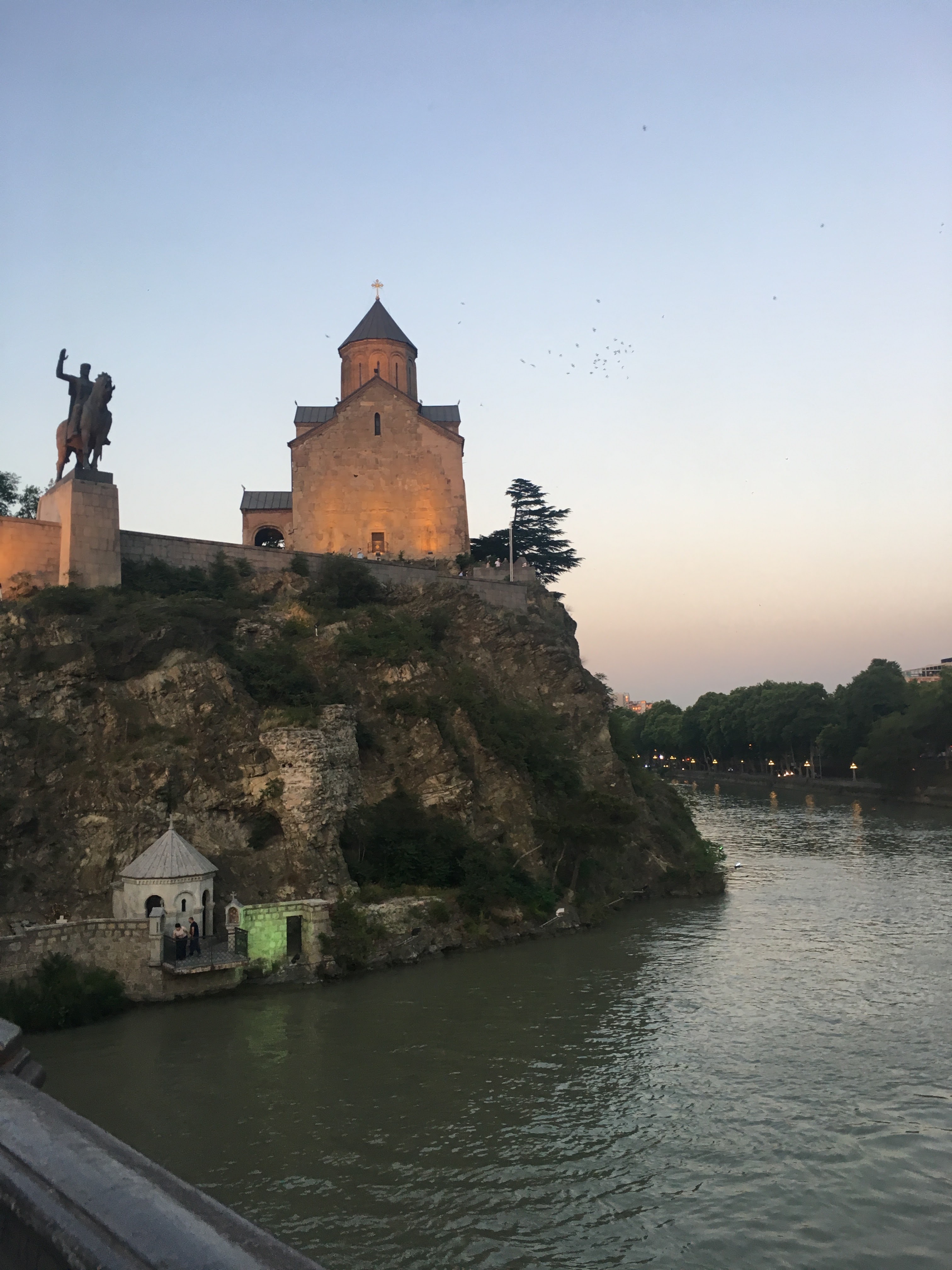Water Wars and Water Waste
This post is written by one of Finley’s best friends in middle and high school, Sarah. Sarah is completing her degree in Russian Studies and Politics and is currently working on a dissertation on the hydro-politics of the Kura-Araks River Basin that is shared by Armenia and Azerbaijan.
Before I began writing my dissertation on the hydro-politics between Armenia and Azerbaijan, I did not really know anything about the politics of scarcity. As I am a pessimist, I assumed that water scarcity would result in conflict. However, research has shown that war over a renewable resource is rare, and cooperation is a more likely outcome [ Wolf et al, 2005; 85]. We are better at working together than we may think.
Nonetheless, writing every day about countries facing severe water shortages has made me very aware of how flippantly we treat our access to water. Taps are left running while we brush our teeth, we stand in the shower for warmth, not necessity, and we pour out water we consider to have ‘sat for too long’. Water, and other renewable resources, may not necessarily cause wars between countries, but they can cause a tension that will only build as climate conditions make resources even more scarce. It may seem extreme to think of such consequences every time you turn on the tap, but perhaps that kind of thought pattern is the kind that will cause people to turn the tap off while they brush their teeth.
The impact of resource scarcity is far greater than we realize. There are people on our planet who are already dealing with man-made resource scarcity and security issues. We may have the ability to cooperate over these difficult issues, but more importantly, we have the ability to change our behavior.





